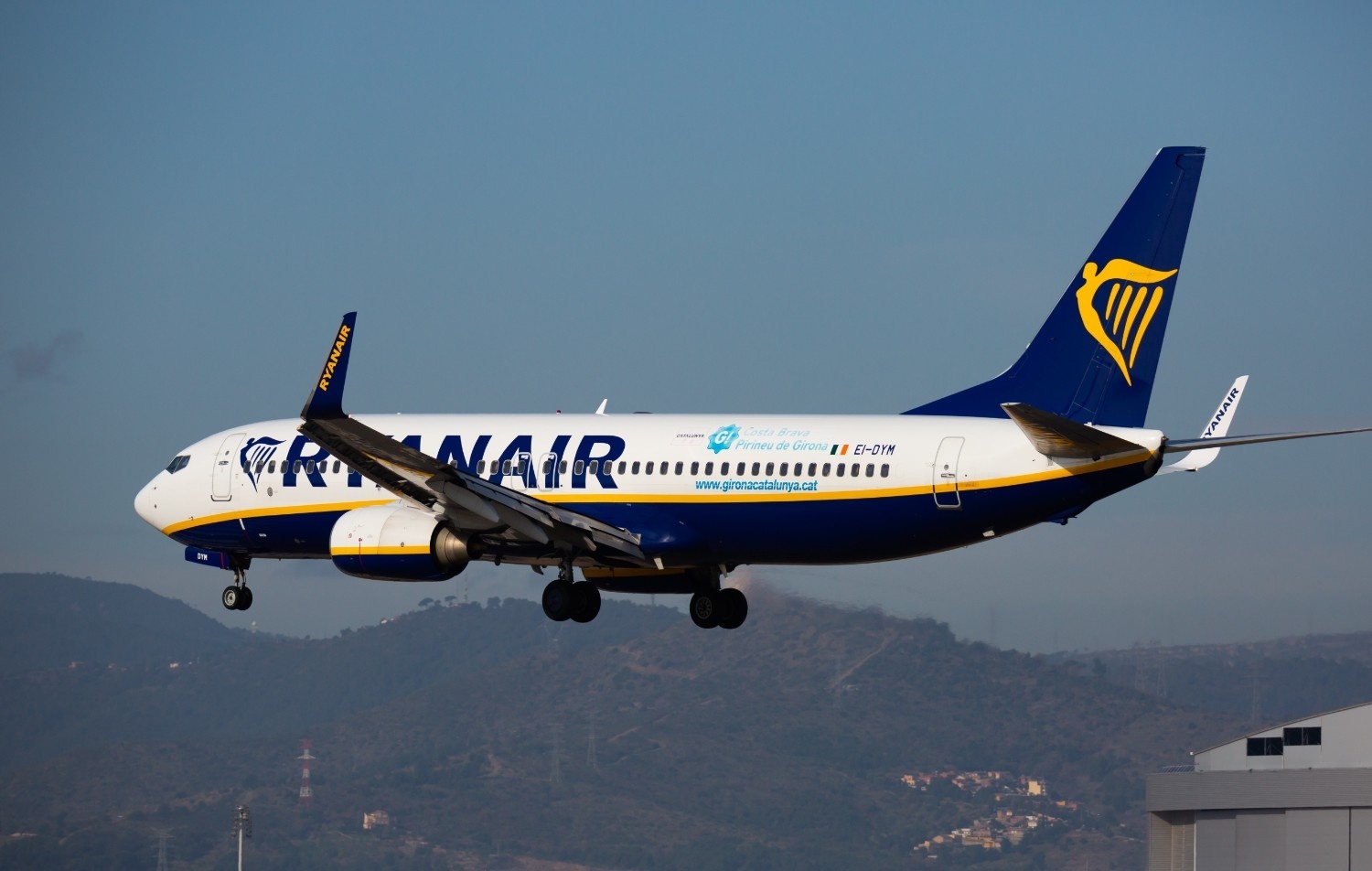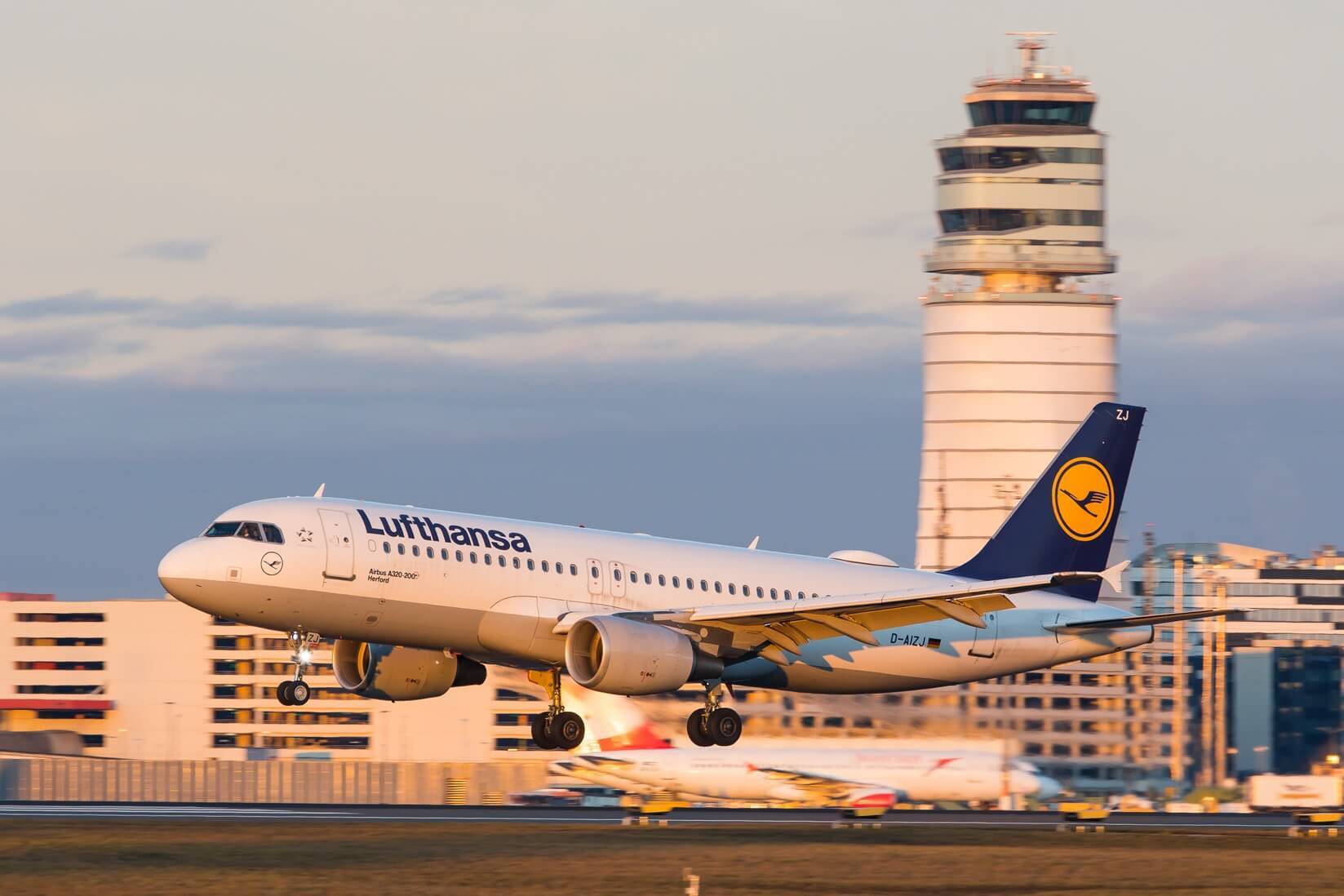EasyJet starts Iris Program: Pioneering airspace modernization

EasyJet has recently made aviation history by becoming the first airline to sign up for the Iris program, a satellite-based initiative poised to revolutionize airspace management. Developed by the European Space Agency (ESA) and Viasat, Iris aims to modernize air traffic management (ATM) through cutting-edge satellite technology. With the backing of 15 Air Navigation Service Providers (ANSPs), including ESA's European Satellite Services Provider (ESSP), Iris is set to facilitate the first commercial flights across Europe in 2024, with up to eleven easyJet Airbus A320neo aircraft participating in the program.
Unlocking efficiency through technology
At its core, Iris enhances satellite communications between aircraft and ground control, paving the way for operational efficiencies such as optimizing routes, cruising altitudes, and employing continuous climb and descent paths. By leveraging these benefits, easyJet aims to operate its fleet with maximum efficiency, leading to further reductions in fuel burn and emissions.
A landmark in European aviation
This milestone not only marks the inception of Iris in Europe but also signifies a significant step towards implementing the Single European Skies initiative. As the aviation industry pursues net-zero emissions, airspace modernization emerges as a crucial strategy. EasyJet's commitment to reducing carbon emissions aligns with its interim science-based target of a 35% carbon emissions intensity improvement by FY2035, based on a FY2020 baseline, and its overarching goal of achieving net-zero carbon emissions by 2050.
Innovation at EasyJet
Efficient airspace utilization holds the key to immediate carbon reductions in aviation. Direct flight paths translate to shorter flying times, reduced fuel burn, and lower emissions. By embracing Iris technology, easyJet aims to fly more directly and efficiently, thereby contributing to environmental sustainability while enhancing customer experiences.
Leadership in environmental responsibility
Hugh McConnellogue, Director of Operations & Navigation at easyJet, underscores the importance of efficient airspace utilization in tackling industry emissions, stating, "More efficient use of airspace is a critical way we can tackle the industry’s emissions right now." He emphasizes the role of Iris technology in reducing carbon emissions and enhancing operational performance.
Pioneering a greener future
Charlotte Neyret, CEO of ESSP, expresses enthusiasm for the realization of Iris commercial flights, highlighting the program's decade-long vision and investment in greener aviation. Neyret emphasizes Iris's potential to develop environmentally friendly routes, improve air traffic management, reduce fuel costs, and enhance overall air operations efficiency.
Enabling sustainable operations
Airbus offers Iris as a fully developed and certified capability on its A320 and A330 families of aircraft. Iris shares trajectory and intent-based operational information with ground stations, enabling airlines to optimize routes, avoid holding patterns, and benefit from continuous climb and descent pathways, ultimately reducing fuel consumption and emissions.
EasyJet's partnership with the Iris program heralds a new era of innovation and sustainability in aviation. By embracing cutting-edge technology and prioritizing environmental responsibility, the airline sets a precedent for the industry's transition towards greener skies. As airspace modernization continues to evolve, collaborations like these pave the way for a more efficient, sustainable, and interconnected future in air travel.
Latest posts
Ryanair goes paperless – What this means for your next flight
Ryanair ends paper boarding passes on Nov 12, 2025. Travelers must use the myRyanair app for check-in and boarding.
Flight delays and cancellations in August 2025
Check which flights were delayed in August 2025 – you may still be entitled to claim up to 600 € in compensation.
Flight delays and cancellations in July 2025
Check which flights were delayed in July 2025 – you may still be entitled to claim up to 600 € in compensation.












